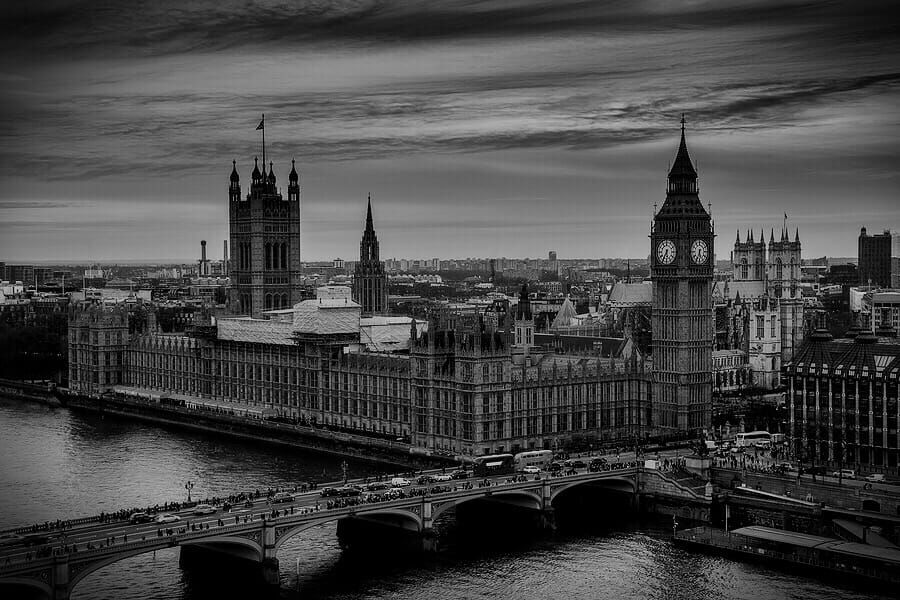
Return from London
Over a month since our team deployed to London (in partnership with Nottinghamshire Fire and Rescue service), our role in the recovery operations in the aftermath of the London Bridge/Borough Market terror attack and the GrenfellTower fire is drawing to a close.
Our Critical Incident Stress Management team have been providing vital support for emergency service colleagues who were in attendance at one or both of the incidents, and have significantly improved the well-being of many who had found themselves in crisis following their experiences.
‘Trauma’ can be a strange beast, but not one that we should be afraid of. Our ability to carry out live scientific research in the aftermath of these high-profile incidents has given us a unique and deep insight into how first responders react when faced with incidents of such enormity or significance.
According to the data we have collected, vast majority of responders we have assessed over the last 5 weeks have shown no sign of what might be described as ‘trauma’ – indeed, many of the officers involved are clearly very happy individuals, and proud to have been part of such complex and arduous operations.
For those who had indeed suffered traumatic reactions, we were able to effectively identify them, and provide the support they needed to overcome their own subjective crisis.
Aside from learning a great deal about personal reactions to such events, we have also been able to observe organisational response in great detail, and we are going to be working hard over the coming months to provide a response infrastructure for organisations who may be at risk in the future.
Team dynamics, command implications, and decision-making protocol are but a few areas where we believe we can now provide effective advice and guidance for responder agencies when deployed at during critical incidents and during recovery phase operations.